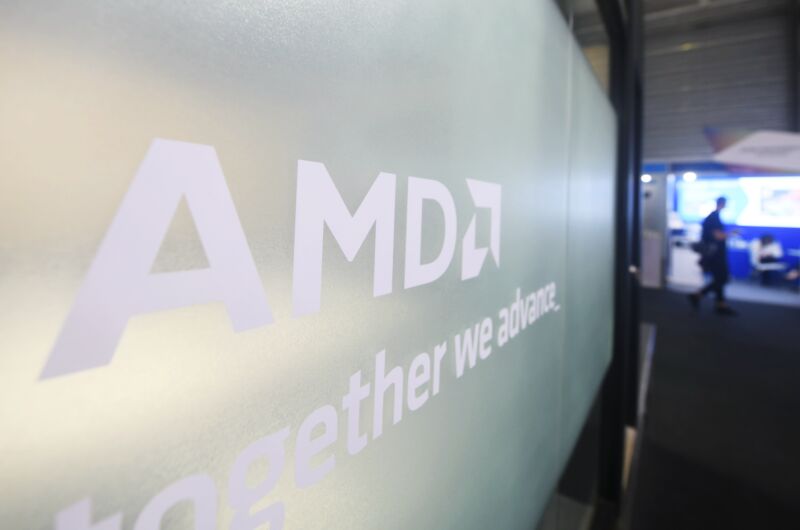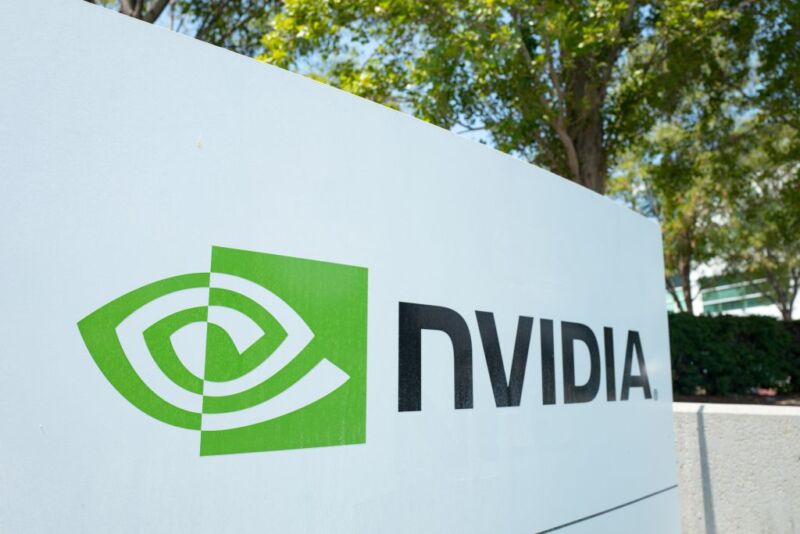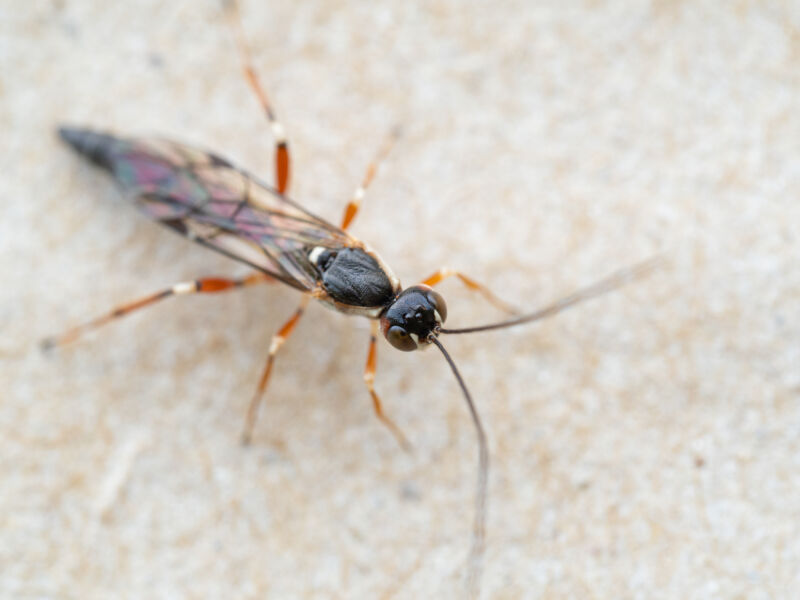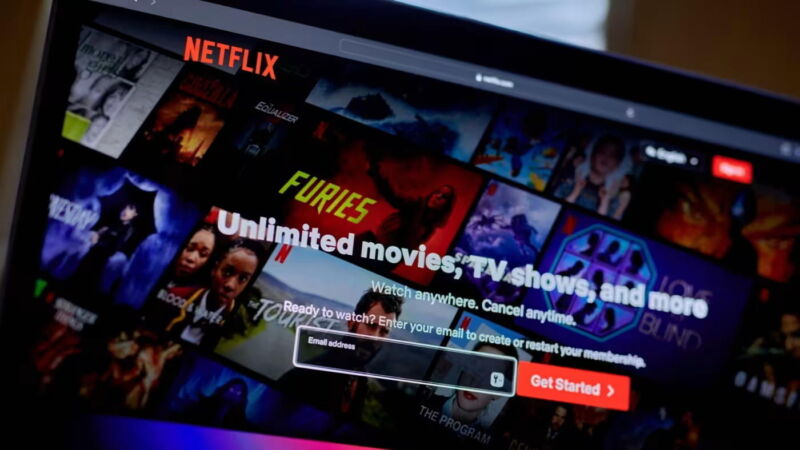How accurate are wearable fitness trackers? Less than you might think

Enlarge (credit: Corey Gaskin)
Back in 2010, Gary Wolf, then the editor of Wired magazine, delivered a TED talk in Cannes called “the quantified self.” It was about what he termed a “new fad” among tech enthusiasts. These early adopters were using gadgets to monitor everything from their physiological data to their mood and even the number of nappies their children used.
Wolf acknowledged that these people were outliers—tech geeks fascinated by data—but their behavior has since permeated mainstream culture.
From the smartwatches that track our steps and heart rate, to the fitness bands that log sleep patterns and calories burned, these gadgets are now ubiquitous. Their popularity is emblematic of a modern obsession with quantification—the idea that if something isn’t logged, it doesn’t count.























